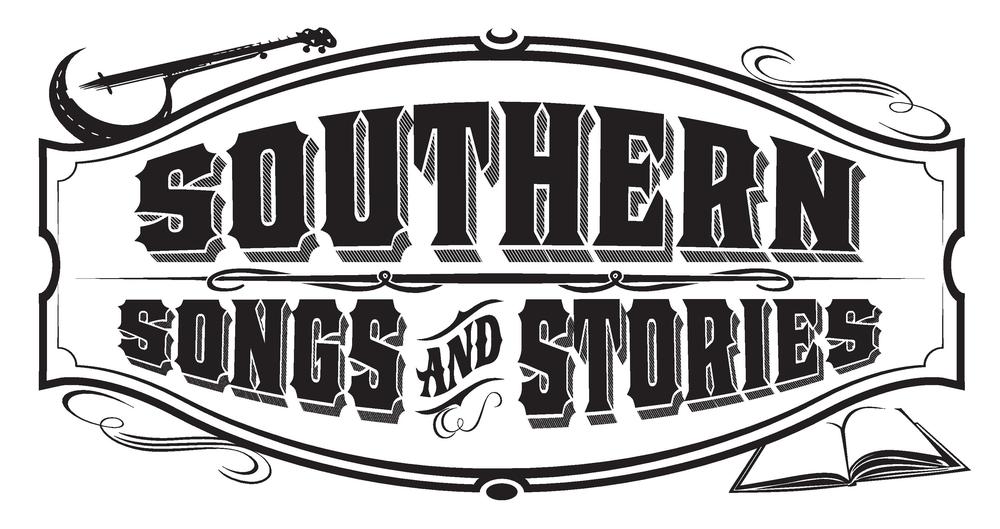There are stories where the characters and events are so extraordinary and gripping that one can miss their overall meaning. It can be easy to take stories like the one you are about to hear at face value, and leave their larger context unrealized. But even the most casual reading of the events and people of Madison County, North Carolina from 1863 should raise a lot of red flags about our own worst tendencies. Even a pulp fiction version of the Shelton Laurel Massacre would lend plenty of insight into the all too often dark heart of humanity. But pull the lens back and consider these events, their beginnings and repercussions in the arc of history and you might come to an even more chilling conclusion. What caused neighbors and kinfolk to terrorize and murder one another in the Appalachian mountains all those generations ago, what larger forces that worked to bring out the cruelty and violence this chapter of history reveals, and what hatred and divisions that earned the place the moniker “Bloody Madison” are not only in history books; they are with us today. It would be nice to think that because America went through its Civil War and Shelton Laurel had its Massacre that it cannot happen again. But once you get sight of the forest beyond all its trees in this bit of history, you might wonder.
Historical marker in Madison County, NC
Looking southeast from Vicki Lane’s home
This is the first of two episodes in which you will hear much about the Shelton Laurel Massacre as well as some other events during the Civil War in the region. Both sides of this conflict had heroes and villains in their ranks, with many larger than life characters involved.
Songs heard in this episode:
“Bonaparte’s Retreat” by Fiddlin’ Arthur Smith & His Dixieliners
“Beautiful Dreamer” by Hesperus from A Civil War Scrapbook
“8th of January/Cumberland Gap/8th Day of January” by Sheila Kay Adams, from All The Other Fine Things
Southern Songs and Stories is a part of the podcast lineup of both public radio WNCW and Osiris Media, with all of the Osiris shows available here . You can also hear new episodes of this podcast on Bluegrass Planet Radio here. Thanks to Carol Rifkin for pointing me to much of the music here, to Sean Rubin for converting tapes of the show Over Home to digital format, and to Corrie Askew for producing the radio adaptations of this series on public radio WNCW, where we worked with Joshua Meng, who wrote and performed our theme songs.
Taylor Barnhill and Vicki Lane at Vicki’s home near Marshall, NC 06-04-21



